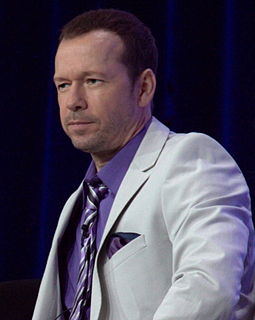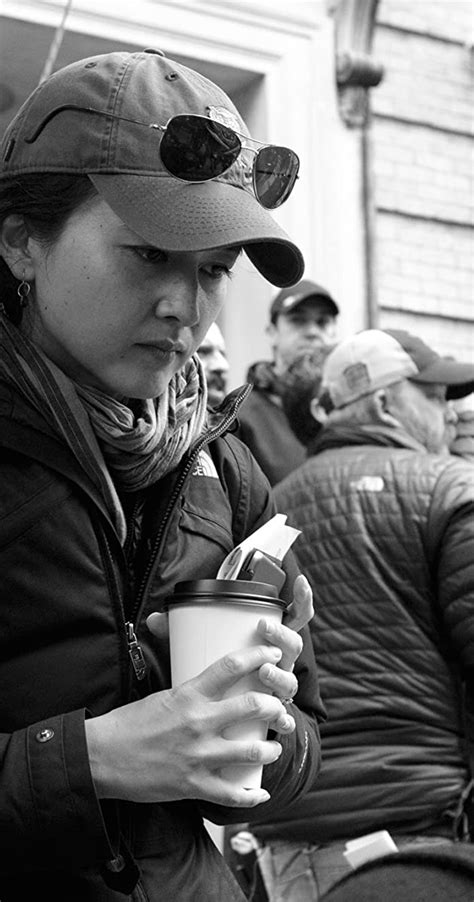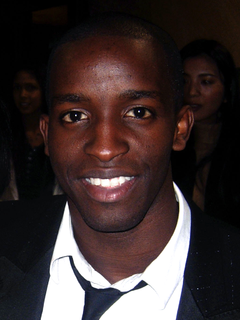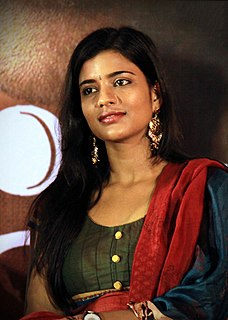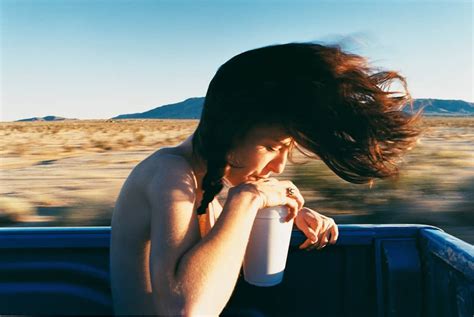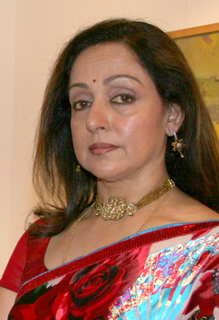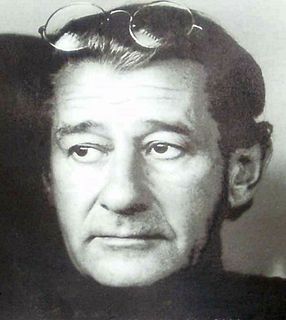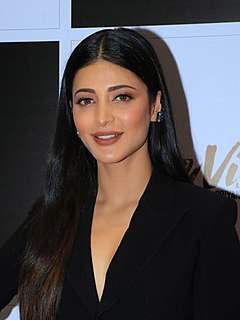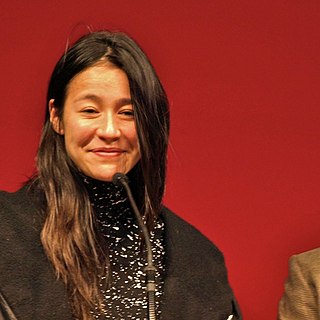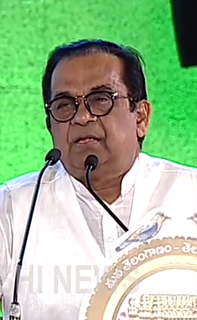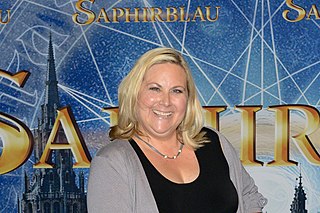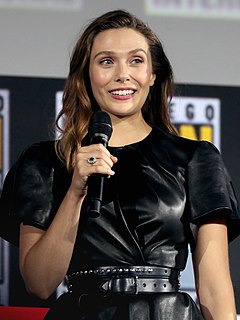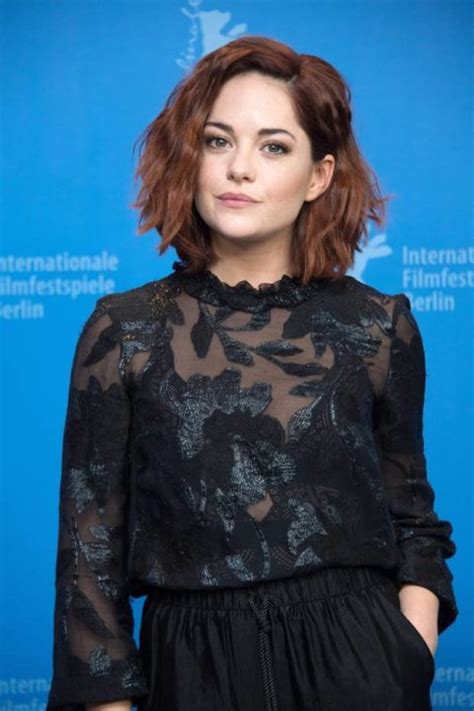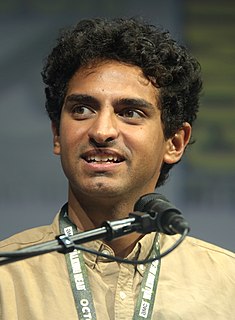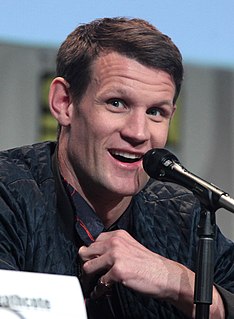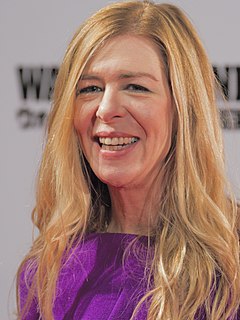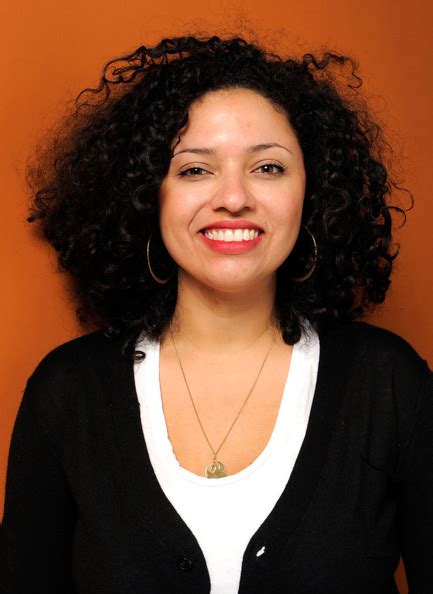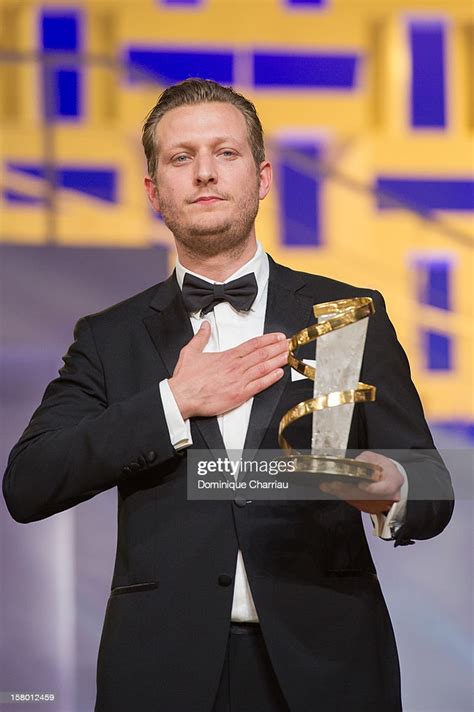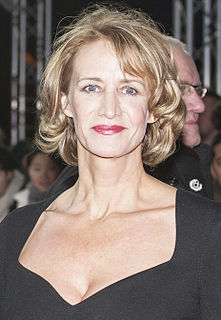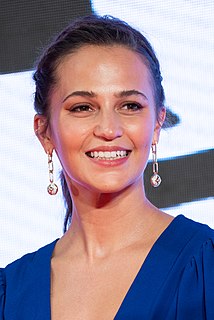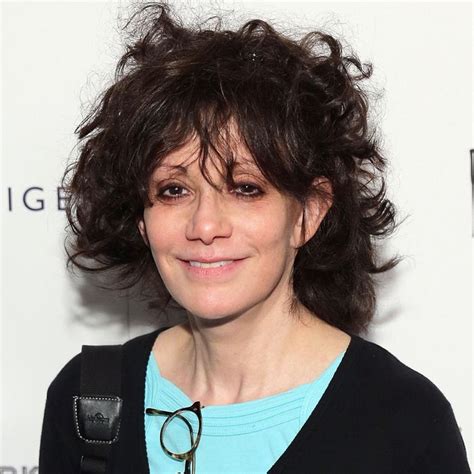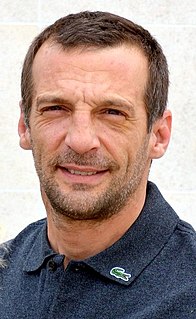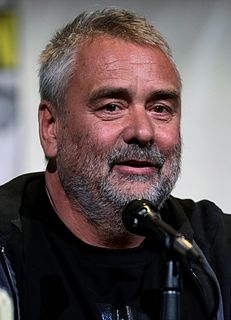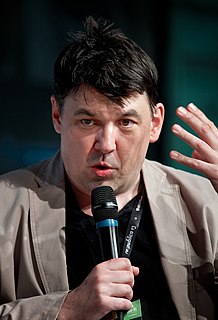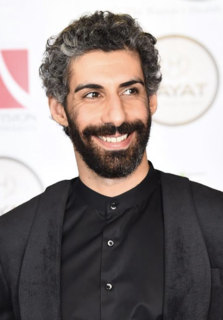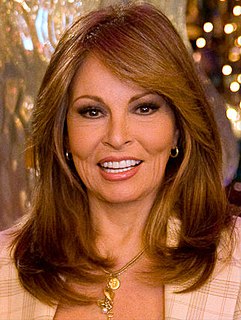Top 1200 Popular Film Quotes & Sayings - Page 20
Explore popular Popular Film quotes.
Last updated on December 4, 2024.
It's hard to see a film one time and really "get it," and write fully and intelligently about it. That's a review. That's not film criticism. And there's so many expectations involved, too. You're going in to see the latest Martin Scorsese or Stanley Kubrick film, you really have high hopes, and you can't help but find that it's not exactly what you had in your head going in. Until you can watch it again, you can't accept the work for what it intends to be. It takes at least a second viewing.
You also convert real memories, whatever that means, into film versions of those memories. Because by the time you've finished the project you can't remember the real memories anymore, you just remember the film versions of them. And then if the film failed you have distaste for them. So I don't think about that stuff anymore.
Well, there's two things I have criteria for doing a film: The script, which is the story, and the filmmaker, and it's a filmmaker's medium. I like really strong directors, and so when I do a film, I'm out there to serve the director, really, which is in turn to serve the script, to serve the director cause he's the one making the film. I relied on Todd Haynes for that.
The kind of sleep that I had during my own film [Certified Copy] screening in Cannes is different. It's not because of the specificity of the film. It was because of my relationship as an author to this film. Usually when I take my films to festivals, I feel incredibly anxious about them. I wonder how it will be received, how the audience will react. I feel deeply responsible for them. Whereas this time, I didn't have that responsibility on my shoulders.
There hadn't been one done since the late 70s. I was living in Brooklyn, had no connection to Roger Corman, to no one in this movie. I didn't go to film school. I'm like the person who should have never made this film. But I just decided to put one foot in front of the other. I was writing film articles for magazines at the time. I convinced an editor from one of the magazines that I was working for to give me a shot to do a piece on Roger. This was an excuse to go meet him.
The motion picture is like journalism in that, more than any of the other arts, it confers celebrity. Not just on people - on acts, and objects, and places, and ways of life. The camera brings a kind of stardom to them all. I therefore doubt that film can ever argue effectively against its own material: that a genuine antiwar film, say, can be made on the basis of even the ugliest battle scenes ... No matter what filmmakers intend, film always argues yes.
Loving a film is like falling in love with a woman or with a man like you never expect it. It it's not the one you think you will be in love with, you know. You think always that he will be with a beard, and black, and big and finally he's Chinese and you know it's the same thing. There's something very organic about the film and if you forgot it, if you don't have this seed in it...this organic flavor in it the film doesn't work it's wrong.


